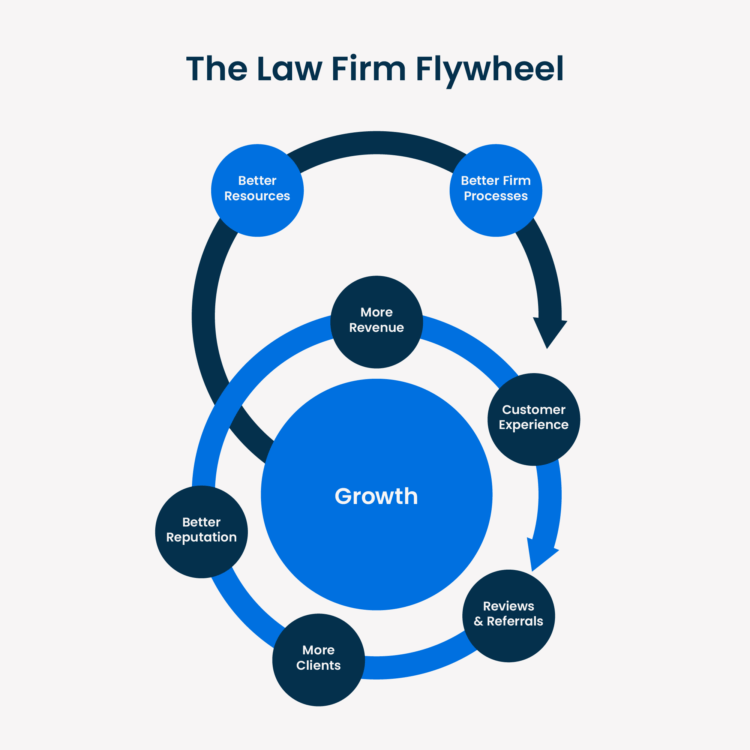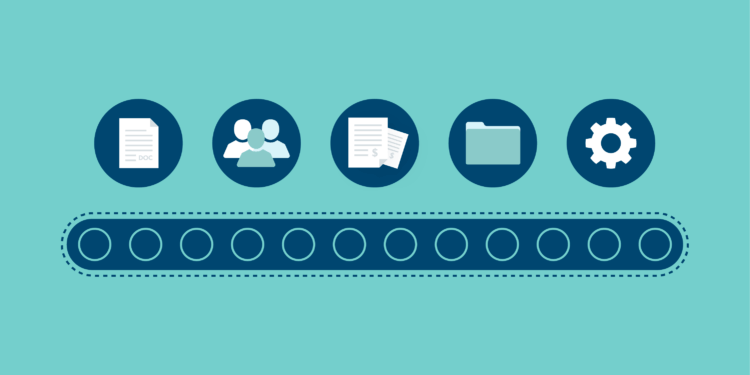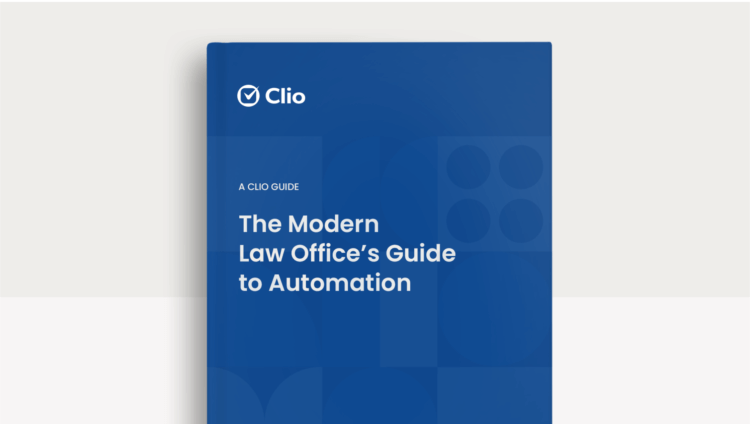Intake clients efficiently using legal workflow software
Let Clio Grow handle intake tasks for you, so you can bring in clients faster, and with less effort.
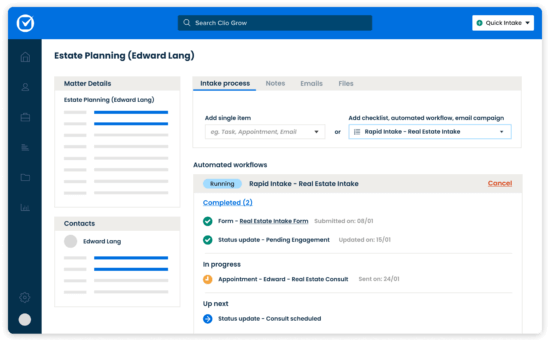
-
Secure new clients in one click
As new client inquiries come in, easily apply automations to set the intake process in motion: from scheduling appointments and collecting client information using intake forms, to sending emails and more.
-
Work the way you want without the complexity
Start with pre-built templates for automated intake workflows that can be customized to your firm’s unique processes.
-
Maintain oversight over your growing business
See where each incoming client is in your pipeline in real-time, and what automated tasks are in process and upcoming.
Keep clients engaged through the intake process with law firm workflow software
Deliver a great client experience from the first touchpoint with quick follow-ups and regular communications.
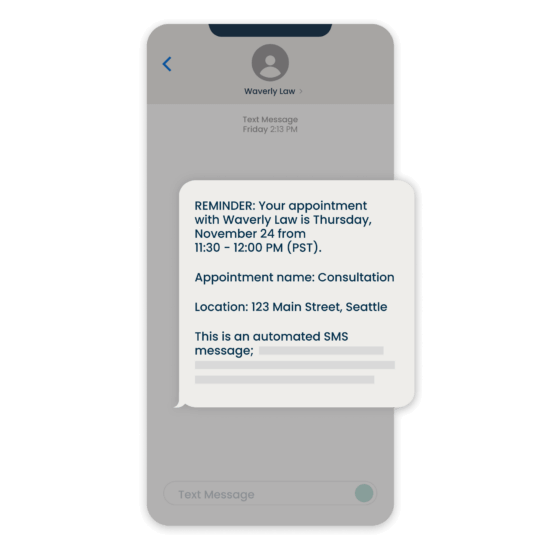
-
Skip delays in your intake process
When incoming clients complete a task, next steps trigger automatically so they aren’t left waiting.
-
Create, schedule, and send automated-yet-personalized client communications
Use unlimited email templates, timed-delivery email scheduling, and automated text reminders to keep potential clients in the loop.
More Clio Grow features
-
Client Intake
Simplify client intake and eliminate data entry and non-billable tasks for your firm.
-
Client Relationship Management (CRM)
Offer clients flexible ways to engage with your firm—with document automation, e-signatures, and more.
-
Document Automation & Electronic Signatures
Generate documents, get them signed, and collaborate with clients efficiently in the cloud.
-
Client Intake Insights
Understand your intake process, and where your most valuable clients are coming from.
-
Appointment Booking
Eliminate costly back-and-forth, reduce overhead, and make it easier for clients to access your legal services.
-
Website Builder
Create a professional website in minutes with built-in tools to connect with clients, collect payments, and more.
Get started today
See how Clio will help your law firm get organized and practice more efficiently.
Get a Personalized Tour of Clio Grow
Legal workflow automation software FAQs
What is legal workflow automation software?
Legal workflow software is designed to automate repetitive tasks such as appointment scheduling, email communication, and task management within a law firm. This software helps streamline processes, enhance accuracy, and ensure that deadlines are met without manual intervention.
What does law firm workflow management involve?
Law firm workflow management involves organizing and optimizing legal processes, such as intake, case updates, and billing. It focuses on streamlining these processes through automation to improve productivity and reduce turnaround times.
What specific features should I look for in workflow software for law firms?
When selecting workflow software for law firms, prioritize features like automated email notifications for client updates, customizable task assignment for team members, deadline reminders for critical filings, and robust integration with existing case management systems. These functionalities will enhance operational efficiency and improve client communication.
How can I choose the right legal workflow management software for my firm?
To choose the right legal workflow management software, assess your firm’s size and structure to ensure scalability. Identify specific needs based on your practice area—such as data capture or customizability. Prioritize essential features like automated task management, user-friendly interfaces, and robust reporting capabilities. Additionally, evaluate the quality of customer support and ensure the software integrates seamlessly with existing systems like case management and billing software for a streamlined workflow.
How does Clio's law firm workflow software improve task management for law firms?
Clio’s workflow automation software helps law firms manage tasks by automating routine actions such as client follow-ups, information capture, and appointment scheduling. Lawyers can set automated triggers for specific events, ensuring that critical steps are never missed, which leads to more efficient task completion. This keeps law firms organized, reduces manual errors, and boosts productivity overall.

